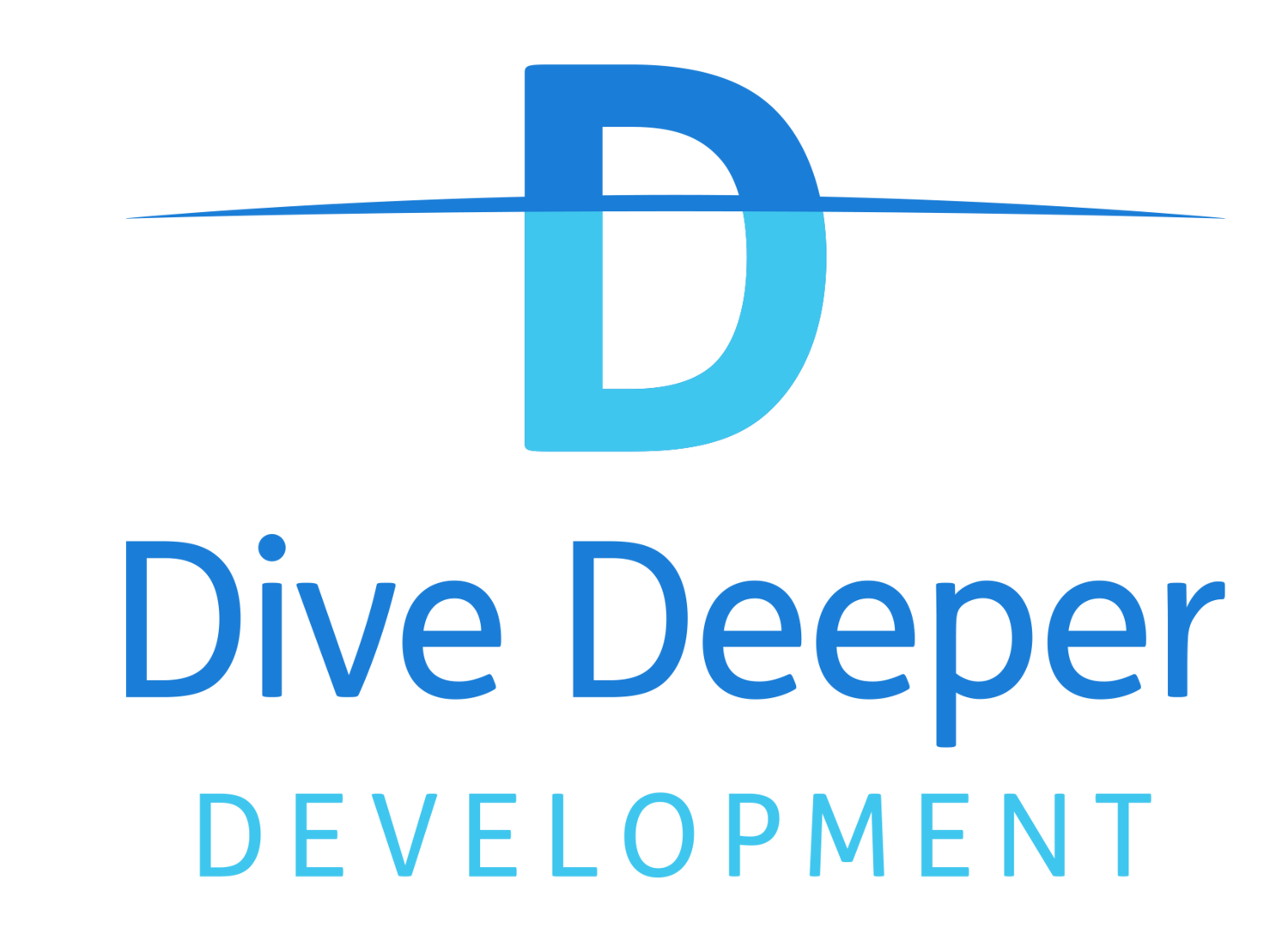Business Book Club Blog: Get Better at Anything – Scott Young
I've set myself a goal to blog about the books I read. I will extract wisdom from the best business and personal development books I've read and share it with you.
This time around, I’m reading Get Better at Anything – Scott Young.
About the book
Most of us have something we want to improve—whether it’s a professional skill, a personal passion, or just getting better at learning itself. Scott Young, best known for his book Ultralearning, explores how we can systematically develop skills in Get Better at Anything. This book goes beyond the idea of working harder and instead focuses on how to learn efficiently and effectively.
Key Ideas from the Book
The Myth of Natural Talent
Young challenges the belief that talent is the deciding factor in success. Instead, he argues that skill is largely a product of deliberate and structured practice. He references studies showing that even seemingly “gifted” individuals have put in significant, strategic effort to develop their expertise.
The Difference Between Exposure and Practice
This is an idea that I often impress upon my clients. Watching tutorials or reading about a subject can create the illusion of progress, but real improvement comes from applying what we learn. Young stresses the importance of active learning, practising skills in real situations, making mistakes, and refining our approach.
The Power of Direct Feedback
Many of us avoid feedback because it can be uncomfortable, but Young highlights that structured feedback is crucial for improvement. He suggests specific ways to get useful, actionable feedback rather than vague or unhelpful criticism.
The Role of Consistency Over Intensity
While it’s tempting to go all-in on a new skill or project, Young points out that consistent, sustainable effort is far more effective than short bursts of intense work. He advocates for creating a system that makes practice a habit rather than relying on willpower alone.
Overcoming Plateaus
Progress isn’t always linear, and hitting a plateau can be frustrating. Young explains why we get stuck and offers strategies to push through, such as varying our practice methods and deliberately seeking out challenges that force adaptation.
The Pros and Cons of Learning from Experts
This was one of the most interesting parts of the book for me. Young shares interesting insights about the benefits and potential drawbacks of learning from experts. While experts can provide valuable shortcuts, frameworks, and high-quality knowledge, he warns against the trap of over-reliance. Blindly following expert advice without developing independent problem-solving skills can limit real understanding. He encourages a balance, learning from experts while also experimenting, questioning, and adapting knowledge to suit individual needs.
Final Thoughts
I read this book as I loved Young’s first book, Ultralearning, so much. Scott Young has a gift for translating complex learning science into straightforward, actionable advice. Get Better at Anything is an engaging, practical read that challenges common misconceptions about skill development. I think it’s more in depth than Ultralearning so it’s a great read if you want to know more about learning theory. I also like that Young revises his views on some of the things he wrote in Ultralearning where he has come across new information.
If you’ve ever struggled with making progress or wondered why some learning methods work better than others, this book is definitely worth your time.
Have you read it? What’s a skill you’re currently working on, and how are you approaching your improvement?
